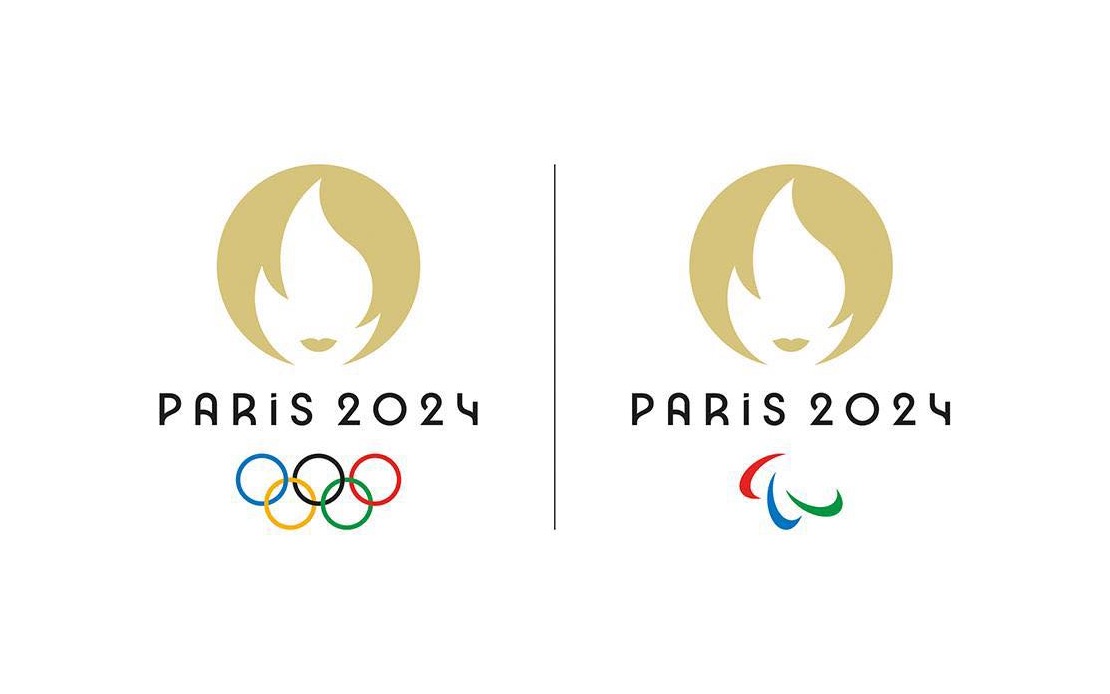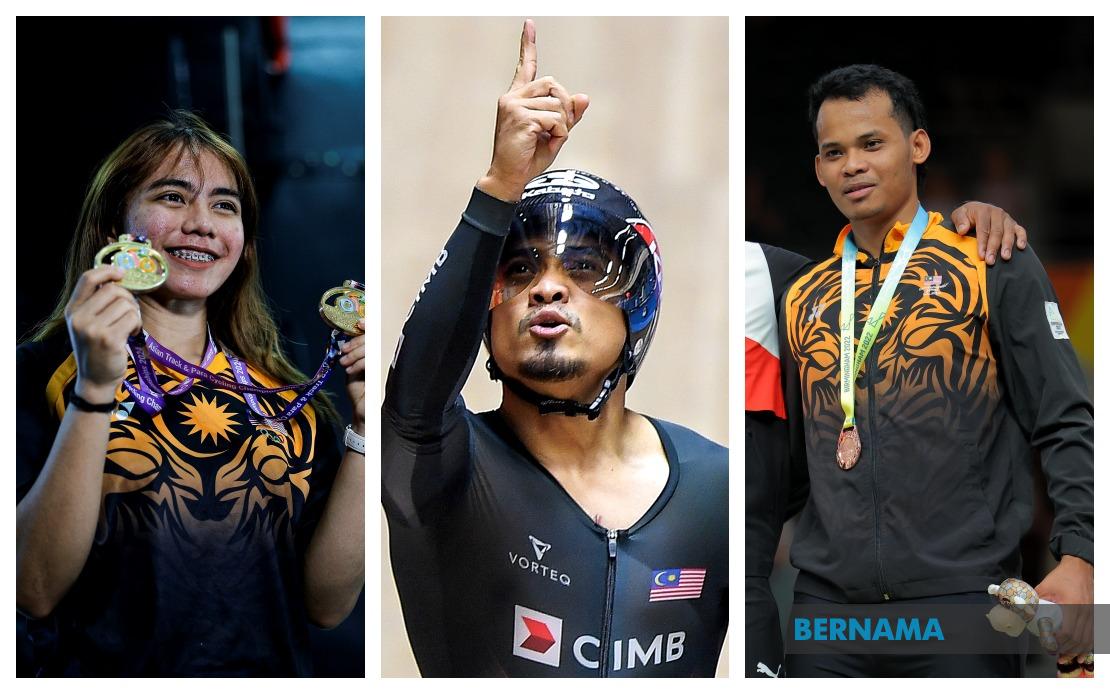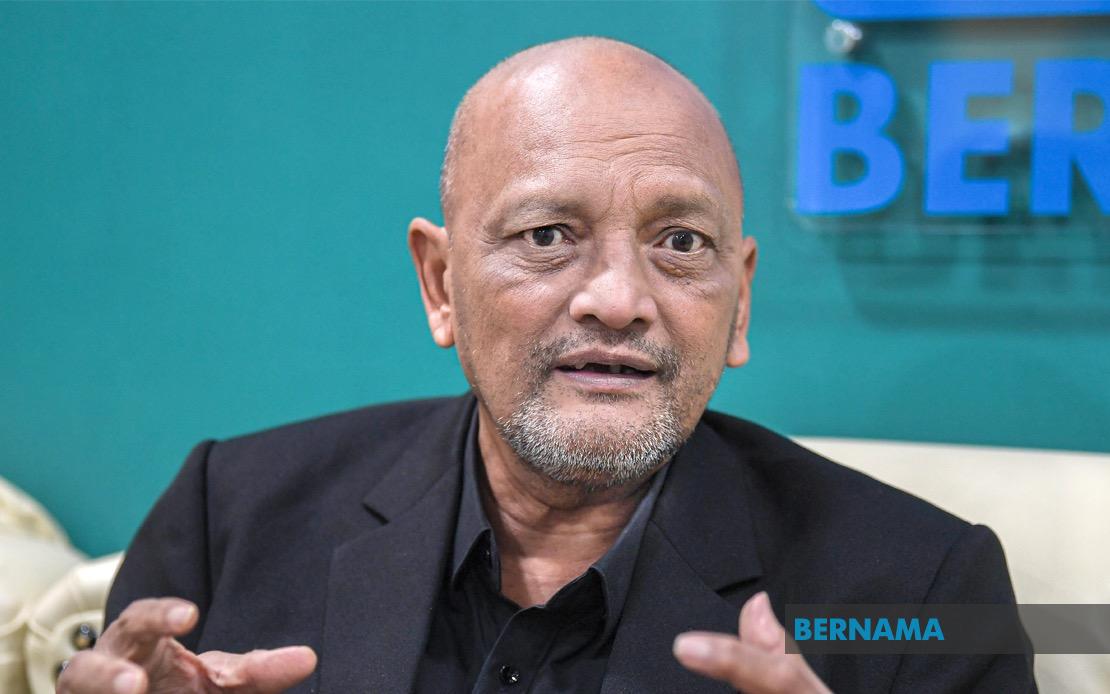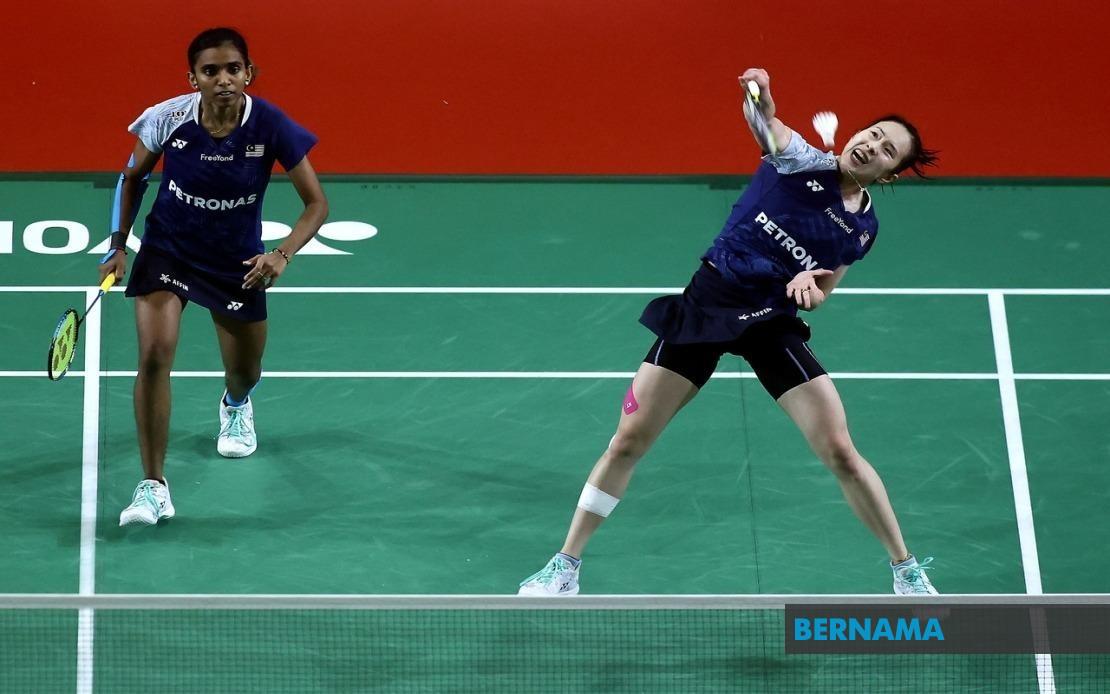Surreal experience covering Olympics under the new normal
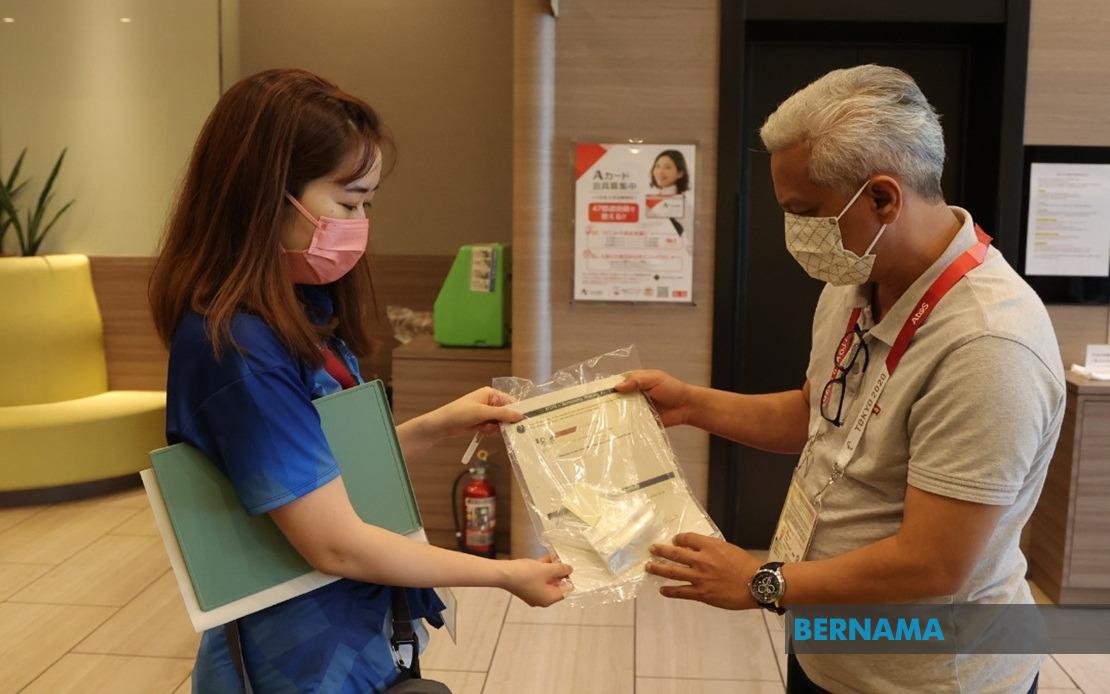
By Elmi Rizal Elias
TOKYO, July 23 -- There is no doubt that covering the Olympic Games is the pinnacle of every sportswriter’s career and that’s why I am truly over the moon to be handed this assignment.
As thrilled as I am to get this once-in-a-lifetime opportunity, I have to say that covering the Tokyo Olympics is way different compared to the many other multi-sports Games that I have had the privilege of reporting on.
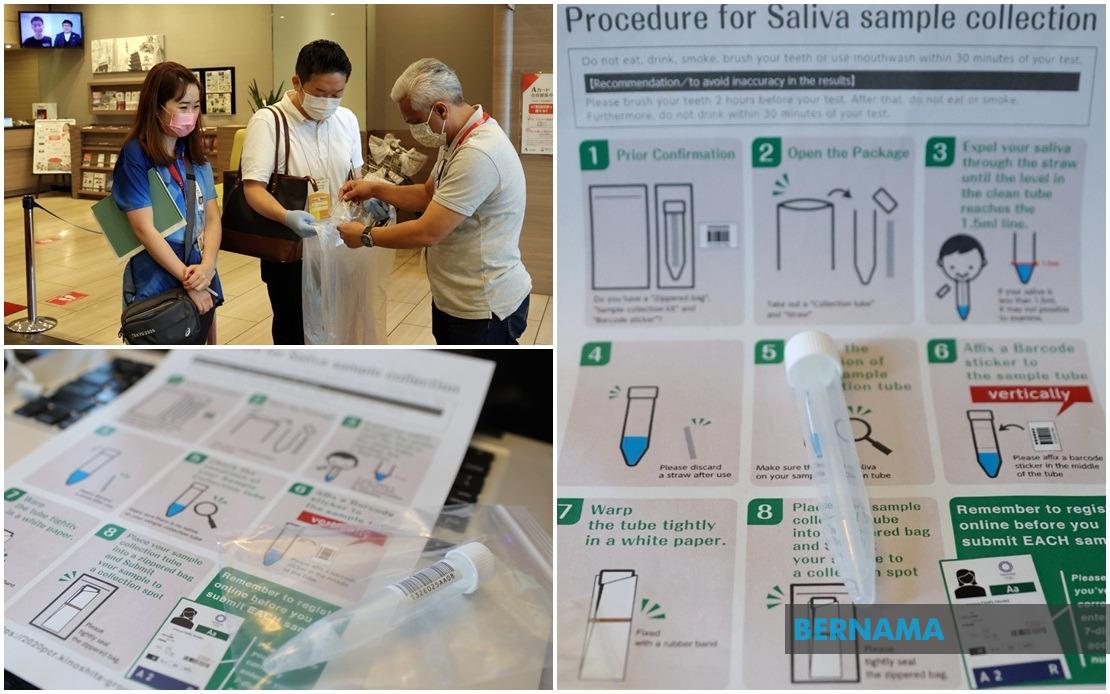
But this comes as no surprise as the whole world is in the midst of battling the COVID-19 pandemic, which even resulted in the Tokyo Olympics having to be postponed by almost a year from its original dates.
The whole process - from getting ready to fly to Tokyo, upon arrival in Tokyo and covering the Games - has been and will be different for me and my Bernama colleague, photographer Mohd Hafizie Shabudin.
For a start, every individual, including athletes, officials as well as the foreign media involved in the Tokyo Olympics, is required to comply with the strict health and security procedures and protocols before being allowed to enter Japan.
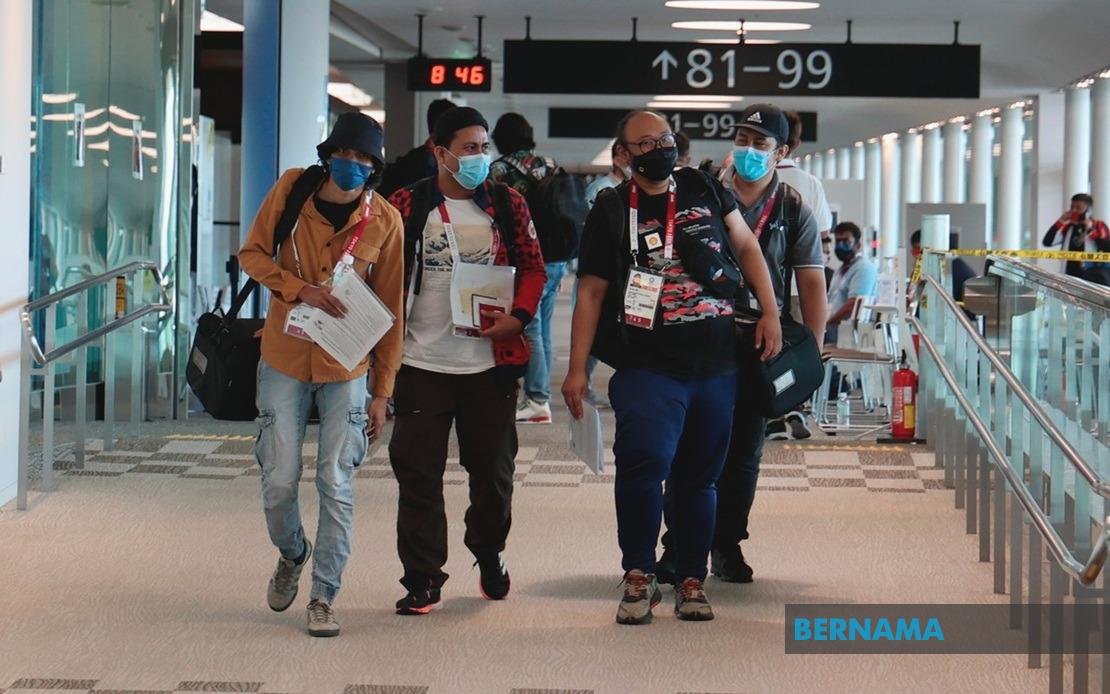
In fact, we are all required to fulfil various security rules and regulations right from the time that we are in our respective countries until we reach the Land of the Rising Sun.
For me, it all began several days before my departure to Japan when I had to undergo the COVID-19 tests for three consecutive days and the results must be negative.
Upon landing at the Narita International Airport in Tokyo on July 21, we all had to go through various inspection centres.
We underwent a deep throat saliva test for COVID-19 and, once the results are negative, we had to fulfil all other stipulated protocols, including strict Immigration checks that took nearly three hours at the airport.
We also had to sign a written pledge, promising to comply with the rules and procedures stipulated by the government of Japan so as to curb the spread of COVID-19.
We are now undergoing the compulsory three-day quarantine. We are only allowed to leave the hotel for a maximum of 15 minutes daily to purchase items or food at nearby shops because the application developed by the organisers, which is downloaded to our mobile phones, can, among others, trace our every move to ensure we do not break any of our quarantine rules.
During our three-day quarantine, we are also required to provide our saliva samples daily to ensure we are free from the virus. Apart from that, we also have to check our own temperatures and upload them onto the special application, which also acts as a COVID-19 contact tracing system.
During the first 14 days in Japan, those involved in the Games are required to comply with the Olympic sports bubble and carry out our coverage based on the activity plan handed to us by the organisers before we arrived here.
There is also a series of do’s and don’t’s that we, the media personnel, have to comply with, including not interviewing the locals, not being present at the Games Village unlike previous editions and not simply go to any places that are not included in the activity plan.
All these strict and detailed procedures and protocols are contained in the Tokyo Olympic Games handbook prepared by the International Olympic Committee (IOC) and the organisers of the Tokyo Olympics.
Despite these challenges, I can proudly declare that it is an honour to be able to be in Japan to cover the Olympics under the new normal.
After all, these safety and security protocols and procedures are meant to ensure the Tokyo Olympics can be held in a safe environment at a time the world is still at war with the pandemic.
I can’t wait for our quarantine to end so that we can dive into the thick of the action from Sunday (July 25) onwards.
As our 30 athletes go about their business with the hope of bringing back Malaysia’s first-ever Olympic gold medal from Tokyo, Mohd Hafizie and I hope to provide our own “gold-standard” coverage and photographs.
-- BERNAMA
